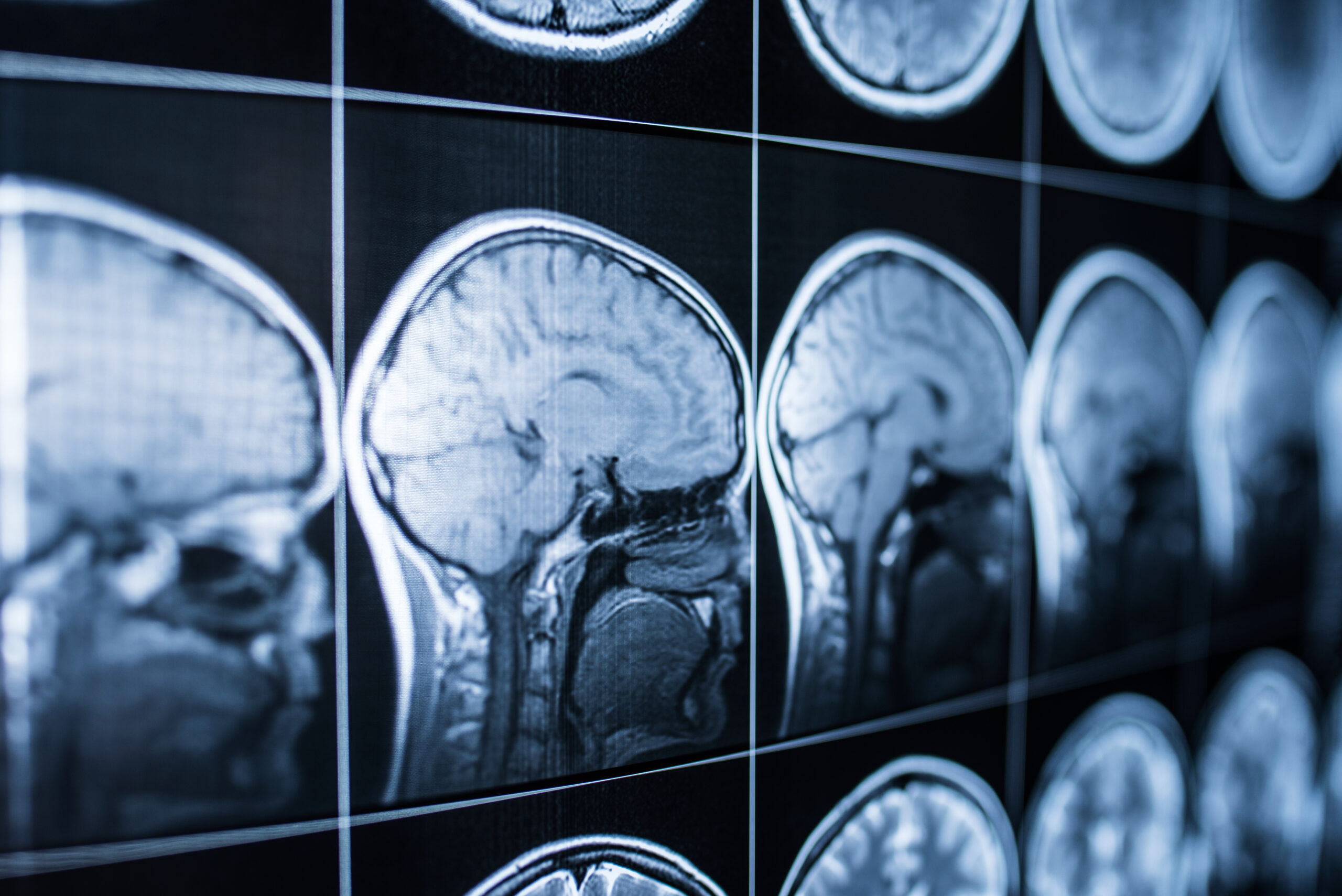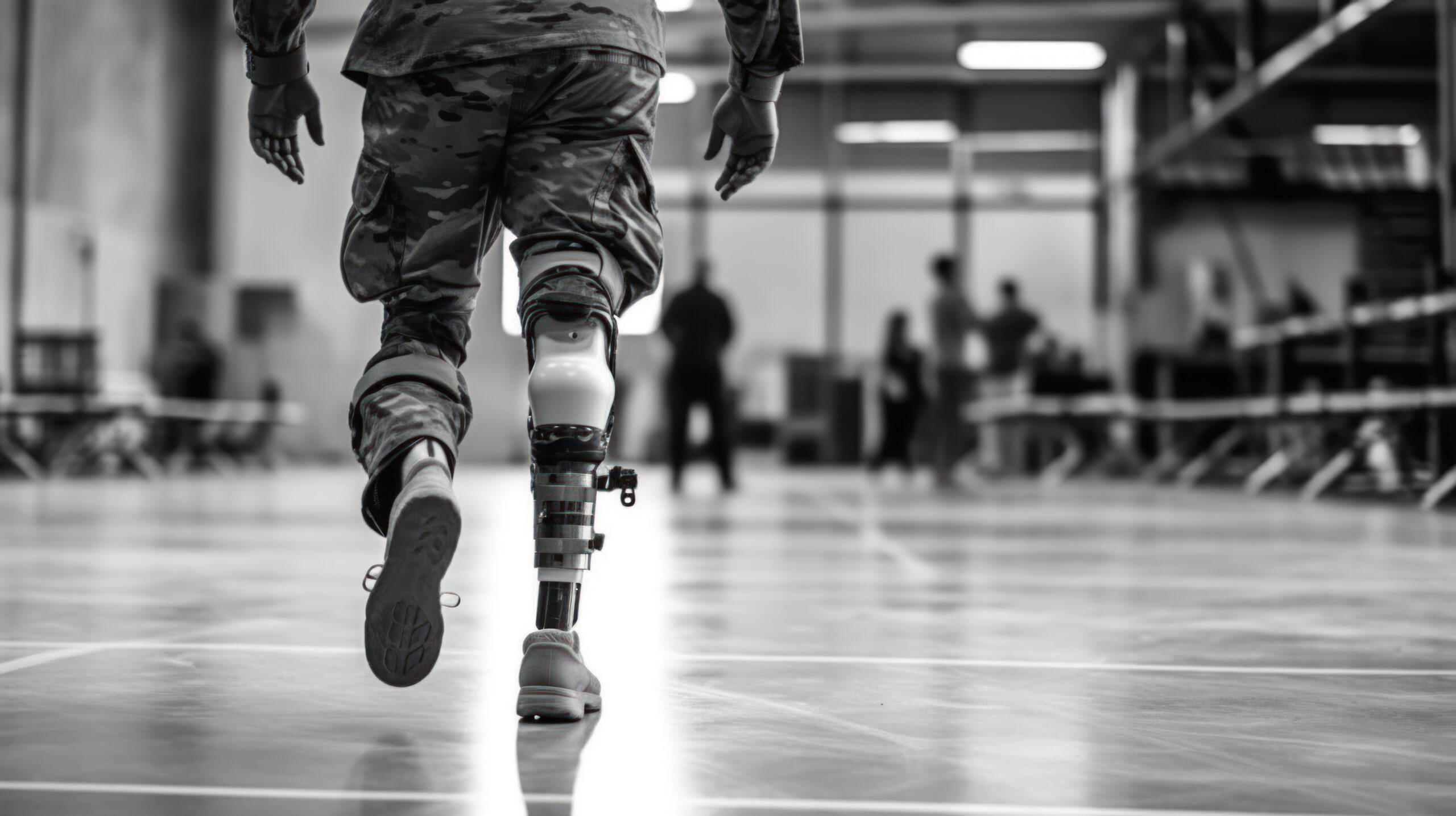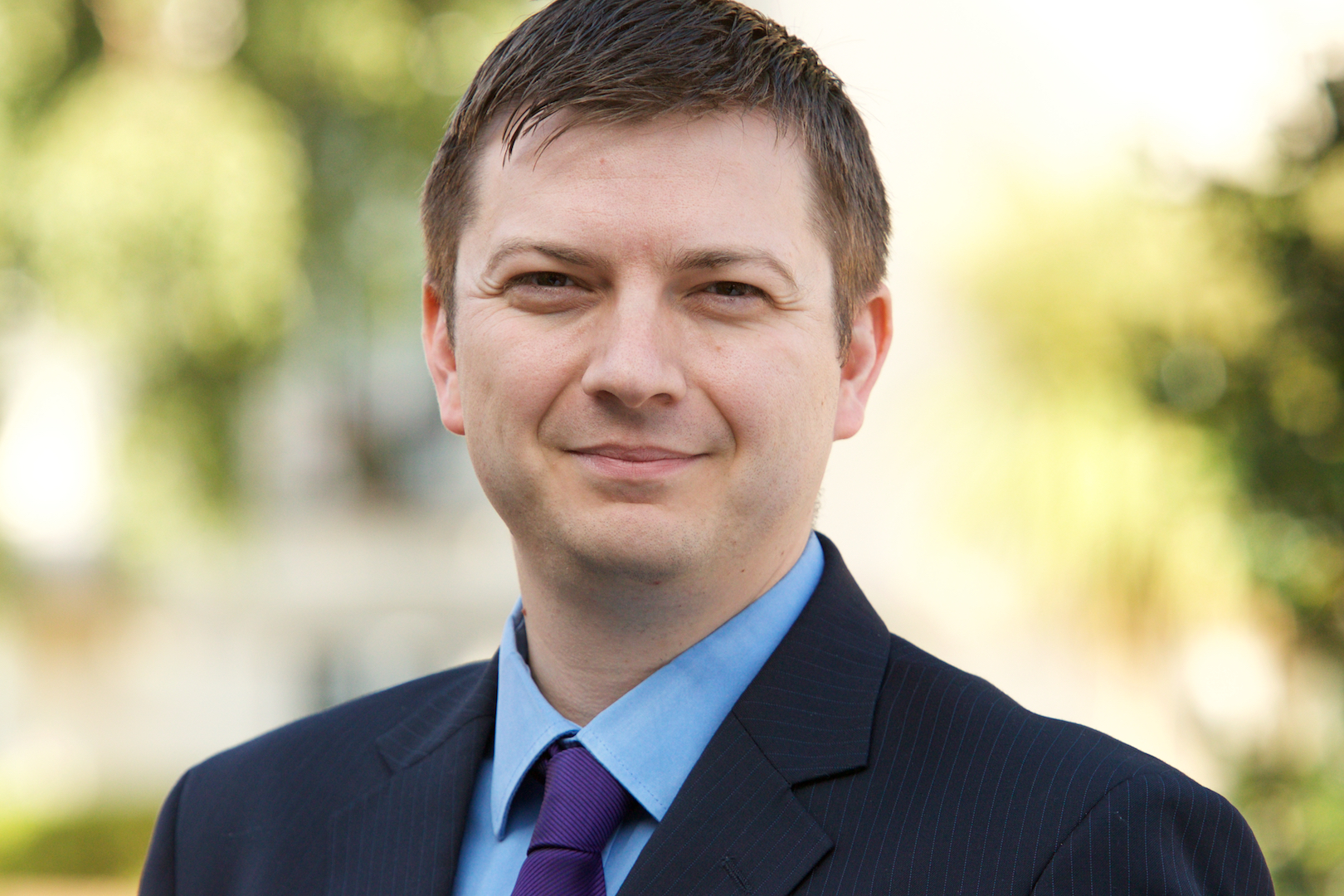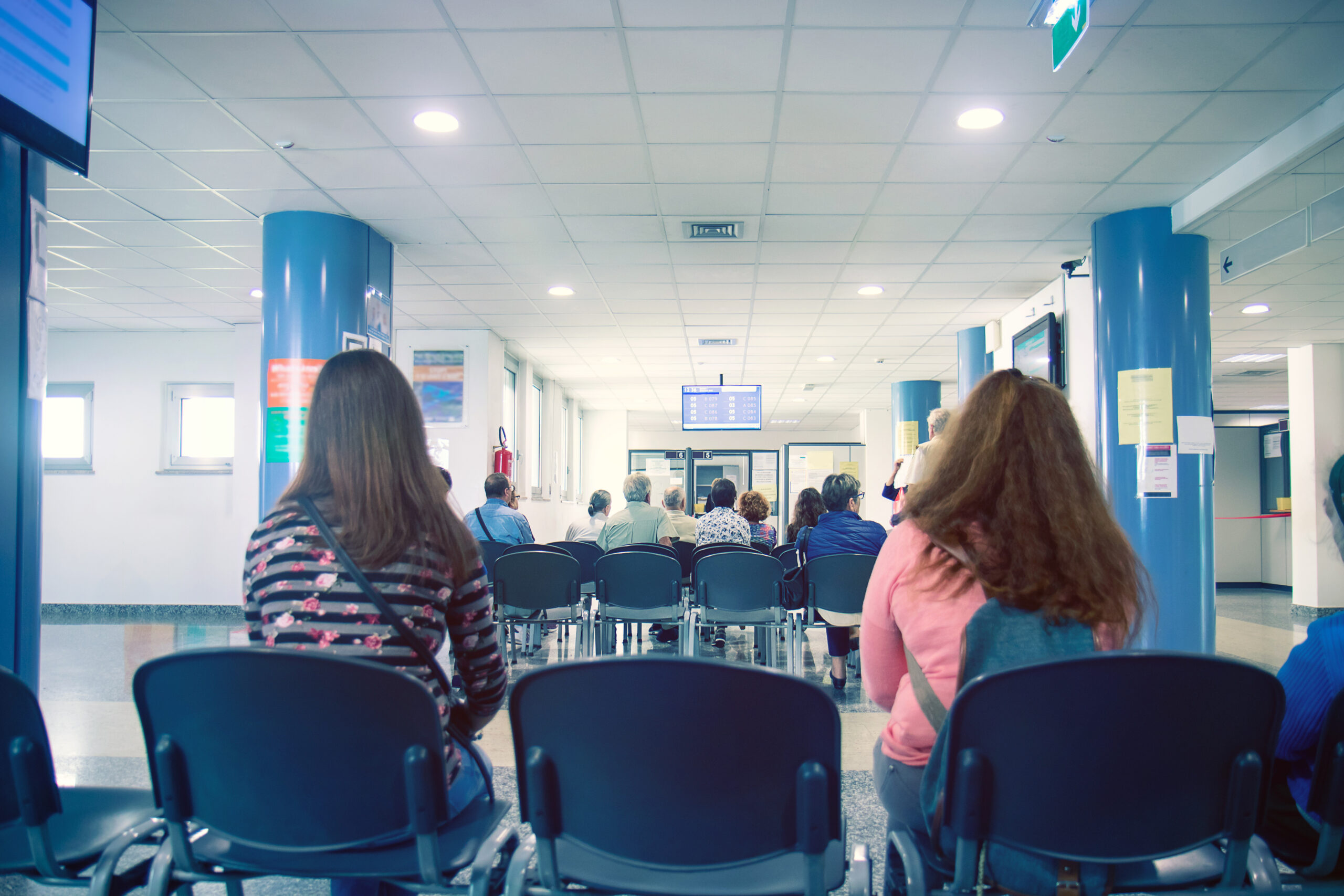- 19 May 2021
- •
- 3 min read
Catastrophic Brain Injuries
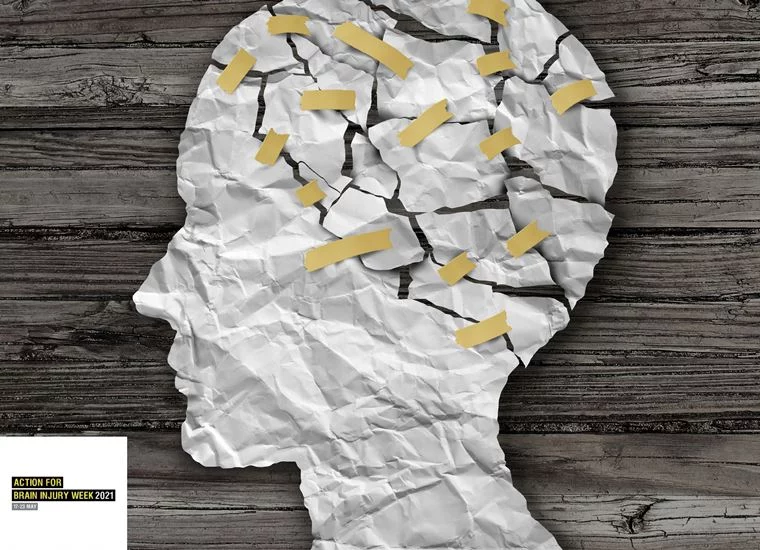
Around one million people visit A&E each year following a head injury. There are many possible causes, including road traffic accidents, assaults, falls and accidents at home or at work. Many of these will sadly be left with a traumatic brain injury.
A traumatic head injury is usually defined as being a condition where the patient has been in an unconscious state for six hours or more, or a post-traumatic amnesia of 24 hours or more. Severe head injuries require immediate medical attention because there is a risk of serious brain damage.
Everyone experiences different symptoms. traumatic brain injuries can include any of the signs and symptoms of a subtle brain injury as well as the following symptoms:
- Physical symptoms such as loss of consciousness from several minutes to hours, persistent headaches, vomiting or nausea, convulsions or seizures, dilation of one or both pupils, inability to awaken from sleep and loss of coordination
- Cognitive or mental symptoms such as profound confusion, agitation, combativeness or other usual behaviour, slurred speech or coma and other disorders of consciousness
Traumatic brain injuries at the base of the skull can cause nerve damage to the nerves that emerge directly from the brain (cranial nerves).
The Glasgow Coma Scale (GCS) is often used to assess head injuries. This is a scale from 3 to 15 that identifies how serious your head injury is, based on your symptoms and whether the brain has been damaged (with 3 being most severe and 15 the least severe). A GCS score of 13 or above would indicate a minor head injury. A score of 9 to 12 would be a moderate head injury. If a person has a severe head injury, they’ll have a score of 8 or less. If you have a severe head injury, you’ll be closely monitored and frequently reassessed to check your condition for brain damage.
Severe head injuries always require hospital treatment. This may involve:
- Observing the condition for any changes
- Running tests to check for further damage
- Treating any other injuries
- Breathing support (ventilation) or brain surgery
Most people are able to go home within 48 hours but a small number of those admitted to hospital require skull or brain surgery. When you’re discharged from hospital, your doctor will advise you on the best way to help your recovery when you return home.
Suffering a traumatic brain injury can have lifelong consequences, including the potential for serious physical and mental disability. The more severe the brain injury, the more significant the long-term effects are likely to be. Survivors of traumatic brain injury tend to have complex, life-changing problems that affect their personality, relationships and their ability to work and lead an independent life.
Where the effects of brain injury persist or cause problems, a person may be referred to rehabilitation services. Rehabilitation aims to help the brain learn alternative ways of working in order to minimise the long-term impact of the brain injury, and help the survivor and their family to cope successfully with any remaining disabilities.
How Trethowans are currently dealing with a traumatic brain injury case
The Claimant was involved in a serious Road Traffic Accident in which she suffered significant injuries including a Traumatic Brain Injury (Diffuse Axonal Injury and Intraventricular bleed) leading to cognitive issues.
The Claimant spent quite some time in hospital and was then discharged to a residential rehabilitation centre. Following further treatment and support there, she was then discharged back to her mother’s home, where she remains. She had been living independently prior to the accident. Her memory remains extremely poor and she will often forget conversations. She also struggled with her balance, unless aided and tires very easily and struggles with fatigue.
The Claimant has been provided with a rehabilitation package by the NHS, including support workers, care workers, physiotherapists, OTs, neuropsychologists and case managers. This has involved work at the gym and the use of coping strategies. Enquiries have been made with the local council regarding arranging for them to build an extension for the Claimant to live in a supported manner with some degree of independence.
The claim remains ongoing and the Claimant will continue to require rehabilitation and adaptations to her accommodation as well as vocation support.
If you wish to find out further information please call us on 0800 2800 421 or get in touch here.
